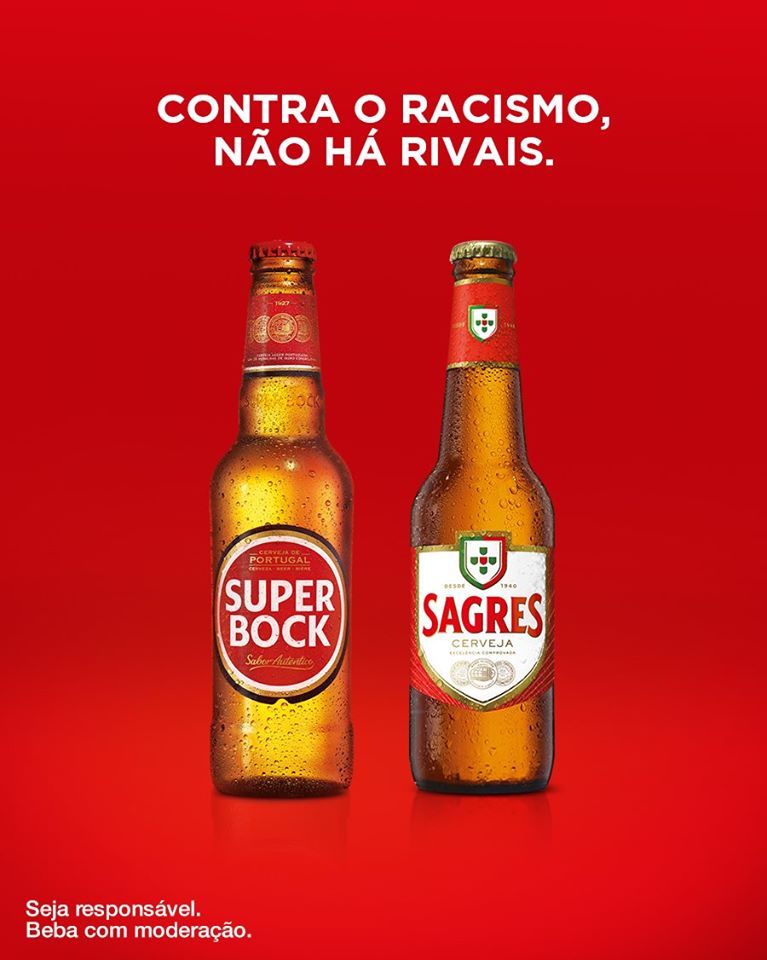Activist brands: there’s no going back

By Sandro Rego
The outrage set the tone for public protests that arose in the United States and spread globally after the murder of George Floyd by the Minneapolis police. Citizens of some Portuguese cities joined the movement, associating this flag with the defense of human dignity. In the first month since Floyd’s death, many companies have raised their voices against racism. Not all were well understood. Accused of hypocrisy, they ended up being among those who tried to take advantage of the situation because they had not been genuinely involved in the anti-racist cause. In Portugal, the number of activist brands is still embryonic. Few companies take a public position on social, environmental, or political issues. Perhaps it is a matter of time since there is no going back when it comes to this issue. The challenge is to prepare the ground for voices rising with coherence and authenticity.
The trend is driven by consumer demand, the need to attract and retain talents, the involvement of the communities where companies operate, and the relevance of building credibility and recognition around the business. An increasing number of people expect companies to make a positive contribution to society. And not only with donations or occasional investments in Corporate Social Responsibility (CSR) actions, but in legitimate causes, aligned with the organizations’ purpose and on an ongoing basis. Without lasting change, there is no progress.
In 2018, a survey conducted by Edelman in 35 countries showed that 64% of consumers would reward brands they consider engaging in some activism – an upward trend. The fight against the pandemic has shown us two paths taken by engaged companies: solidarity and business reinvention. Both share the purpose of reducing damage during the crisis and will be charged by society. Is it time to ask what these companies: What did they do when we need them most? And will this movement continue?
I believe so. The social impact that companies build will be the new profit. Organizations must adopt in their strategies and business practices initiatives aimed at improving the conditions of society, which benefit the community where it operates and the company itself. They do so by awakening in employees the pride of belonging, strengthening the brand, and generating more business. Companies that make their legitimate concern for the public can increase levels of trust with consumers.
Regarding the recent anti-racist movements that have taken over the world, the vast majority of Portuguese companies have remained exempt without risking forceful positions. The public debate on the racial issue has been gaining ground and defenders in Portugal since last year. Stories emerged about structural racism and all discrimination that hampers progress towards a society with more solidarity and justice. The fact that most mobilized the companies was the wave of insults directed at FC Porto’s soccer player Moussa Marega during a match in the city of Guimaraes, in February.
The story sparked a series of anti-racist initiatives. The one that stood out the most was that of beer companies Sagres and Super Bock. The two competing brands allied themselves in a campaign against racism the next day and appeared, side by side, with the slogan “Against racism, there are no rivals.” They won a wave of praise on social networks with people positively surprised by the union of the best-selling beers in Portugal around this fight. That was four months ago.
Companies and entities that intend to adopt causes in their CSR strategies need to be aware of the movement so as not to appear opportunistic. Consistency with the organization’s purpose and unity of actions are essential in this process. Before adopting this external position, it is necessary to do the homework: involve employees, promote debate, and seek technical support so that actions have legitimacy. If one of these ends is loose, the risk of damaging the image and reputation will be huge.

Sandro Rego is CEO of Priori, a communications agency in Portugal dedicated to social impact causes and projects. He was general manager of FleishmanHillard agency and communications executive at Banco Safra, Boticário Group, Bunge, and Companhia Siderúrgica Nacional (CSN). He was “Communicator of the Year” at the Aberje 2014 Award. He currently lives in Portugal and is the editor of BRpr’s “Also in Portuguese” section.
COMENTÁRIOS:
Destaques
- Escola Aberje leva comunicadores para Amazônia em expedição imersiva
- Encontro de líderes debate responsabilidade do setor empresarial e papel da comunicação na COP30
- Aberje realiza reunião presencial com Comitês de Estudos Temáticos em São Paulo
- A comunicação é forte em mercados em que as associações são fortes
- Aberje participa do painel de entidades no 19º Congresso da Abraji
ARTIGOS E COLUNAS
Marcos Santos Maratona da vidaMônica Brissac Thought Leadership: marca pessoal x reputação corporativaLetícia Tavares Liderança comunicadora: um tema sempre atualHamilton dos Santos Comunicação é estratégica na economia contemporâneaCarlos Parente Um salto ornamental para mergulhar no pires



























